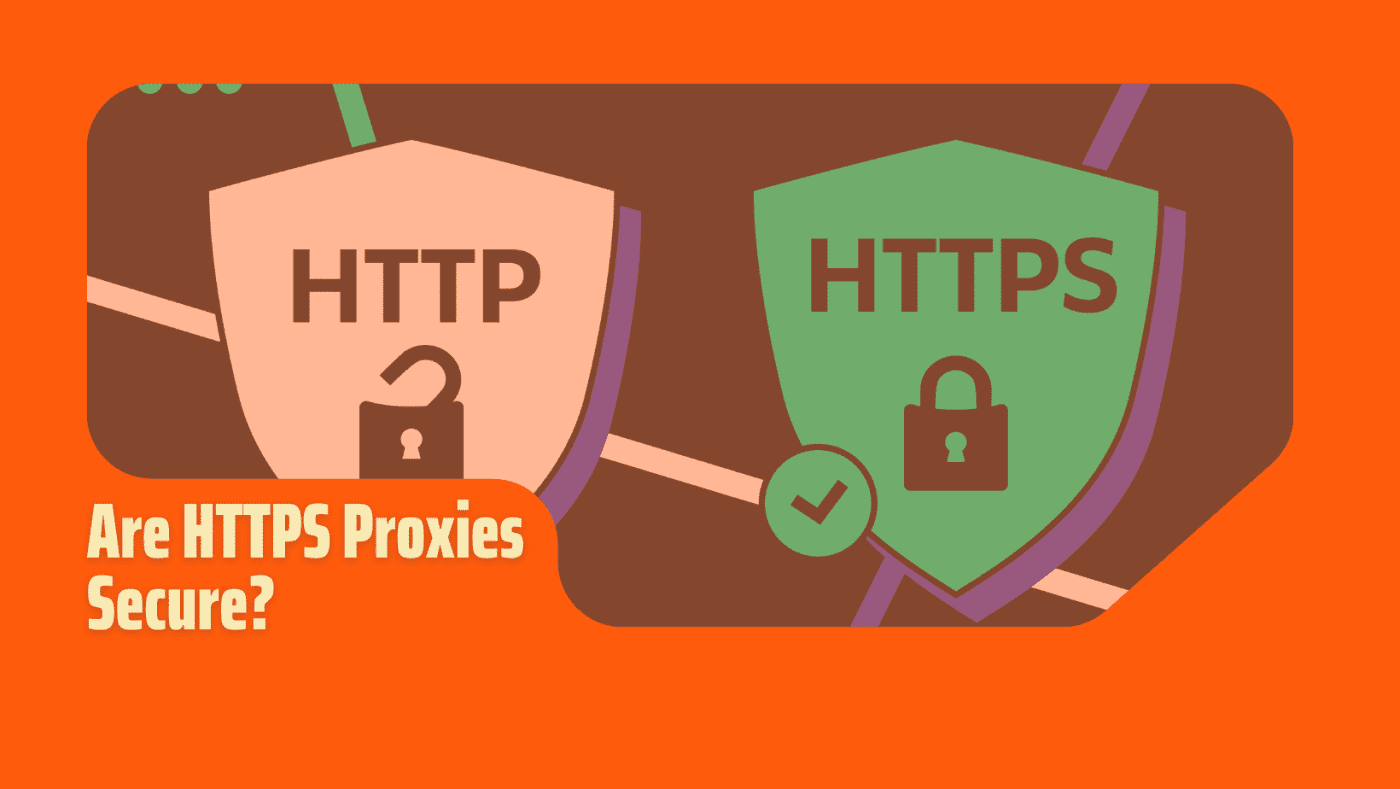Tin tức
Are HTTPS Proxies Secure? Can They Read My Data?
In a world where online security is paramount, understanding the intricacies of HTTPS proxies is crucial. Many users rely on these proxies to safeguard their data and protect their online activities. However, there is often confusion about the level of security offered by HTTPS proxies and whether they can access or manipulate your data. In this article, we will delve into the world of HTTPS proxies, examining their security features and addressing concerns related to data privacy.

Understanding HTTPS Proxies
To begin, let’s clarify what HTTPS proxies are. HTTPS, which stands for HyperText Transfer Protocol Secure, is designed to encrypt the data exchanged between a user’s device and a web server. An HTTPS proxy, in essence, acts as an intermediary between you and the website you are accessing, providing an additional layer of security by encrypting the communication between your device and the proxy server.
The Security of HTTPS Proxies
HTTPS proxies are indeed a secure option for protecting your data during transmission. The use of encryption ensures that your data remains confidential and is not easily intercepted by malicious entities. When you use an HTTPS proxy, your online activities become significantly more private and less susceptible to eavesdropping.
However, it’s important to remember that the level of security of your data can vary depending on the proxy provider. Reputable providers maintain strict privacy and security standards, ensuring that your data is safe from prying eyes. Nevertheless, it’s crucial to choose your proxy service carefully to guarantee the highest level of security.
Can HTTPS Proxies Read Your Data?
HTTPS proxies, when used appropriately, should not read or tamper with your data. They are designed to enhance your online security, not compromise it. A trustworthy proxy service will prioritize user privacy and data security. This means that they should not log your activities or attempt to access the data you transmit through the proxy.
However, not all proxy services are equal. Some less reputable providers might engage in data logging or, in extreme cases, attempt to access and manipulate your data. To avoid such scenarios, always do your research and choose a well-established proxy service known for its commitment to user privacy.
Staying Secure with HTTPS Proxies
In conclusion, HTTPS proxies are a secure means of protecting your data during online activities. They use encryption to shield your information from potential threats, ensuring that your data remains private. The security level of your data may be influenced by your choice of proxy provider, so opt for a trustworthy and reputable service.
While HTTPS proxies are generally secure, remember to use them responsibly and select your provider wisely to maintain the utmost level of data protection. Your online security is in your hands, and by choosing the right HTTPS proxy service, you can enjoy a safer and more private online experience.
Please do not hesitate to contact proxyGEO if you have any questions.


